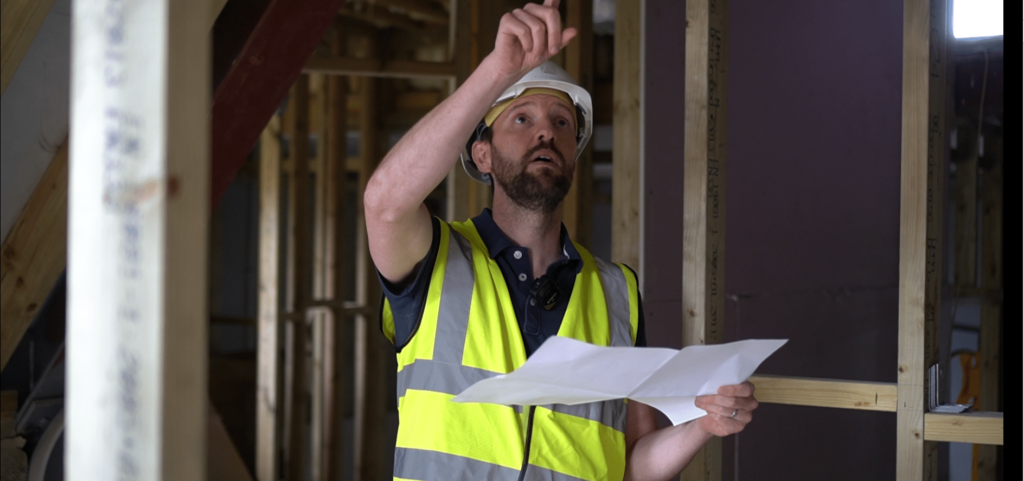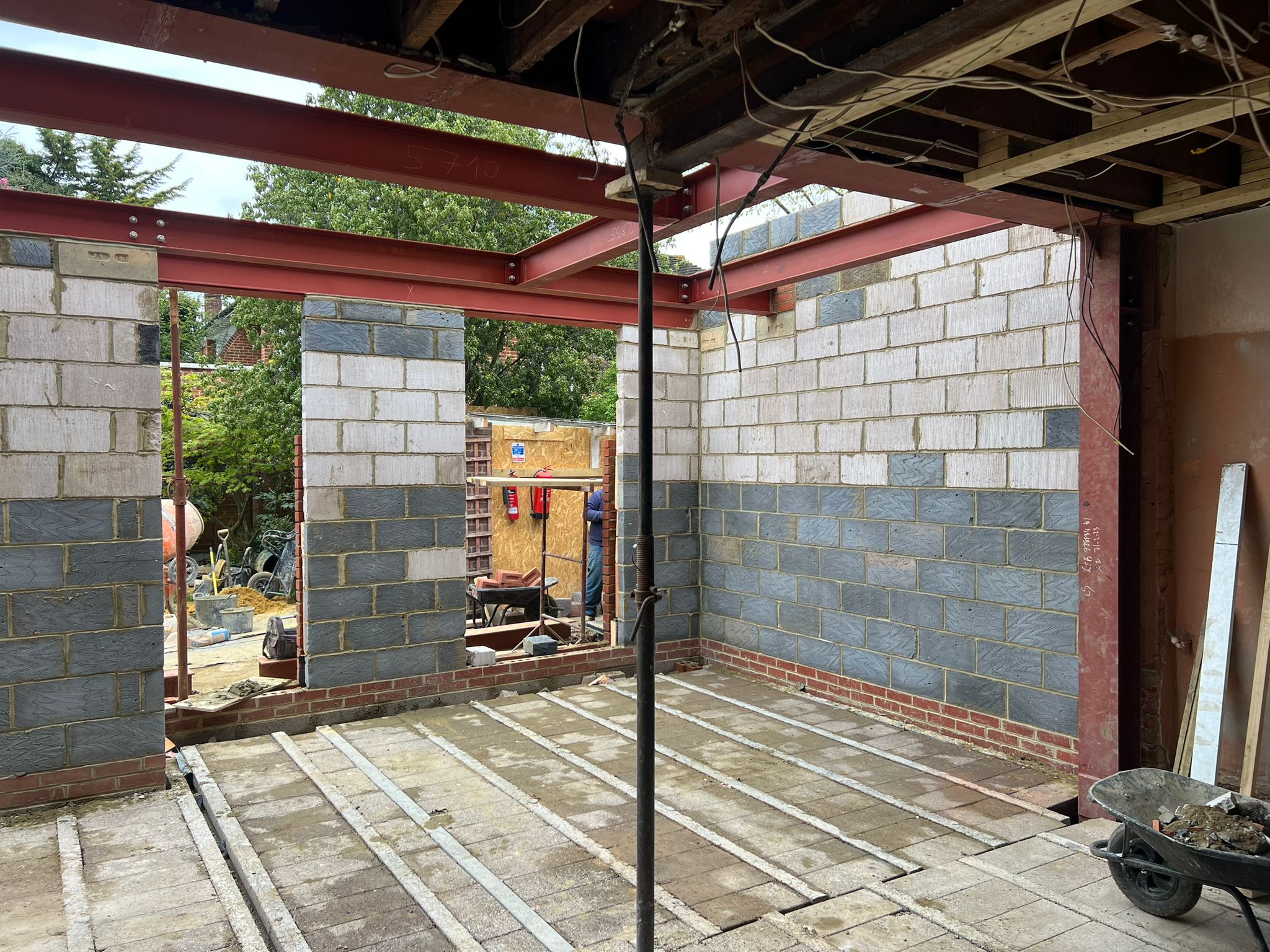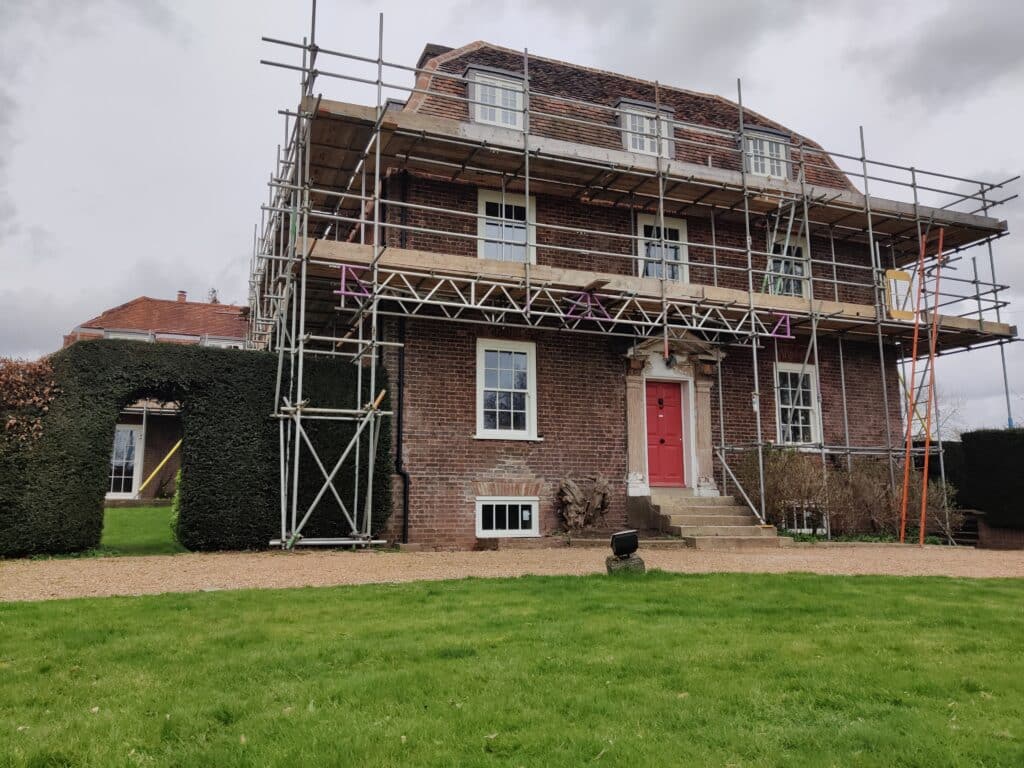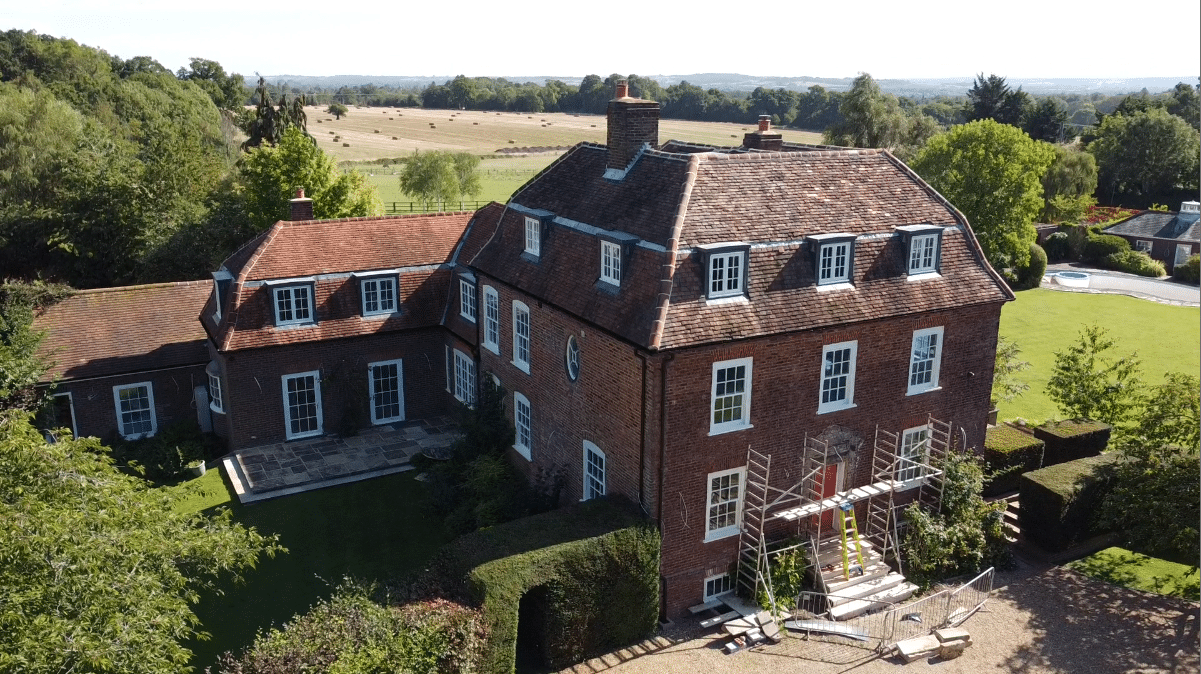
Does your Insurance cover your House Renovations?

There are many things to think about when planning a house renovation or remodeling. Don’t let the importance of checking your insurance cover get missed off your to-do list!
Here we share some tips and pointers to help you understand your insurance options when undertaking building work.
Existing Structure
Homeowners
Many home insurance policies will not allow for heavy works or extensions so its very important these are disclosed to your existing insurer. Should cover be declined once disclosing works, a specialist unoccupied buildings policy can be obtained.
Property Developers
If you are developing a new purchase, standard buy-to-let insurance will generally not be suitable unless works are very light and a tenancy is already agreed. Again, check with your insurer and obtain a specialist unoccupied buildings policy if needed.
What would be covered for the buildings?
Specialist unoccupied policies will start on restricted cover, for example:
Fire, Lightning, Explosion, Earthquake, Aircraft & Liability only. As you can see, this is very limited. Extra cover is readily available to cover events such as flood, storm, malicious damage etc. This is the same for residential and commercial developments. Many lenders will state it mandatory to take out insurance for wider perils than the basics.
These policies can also include ‘contract works’ cover as highlighted below.

What is Contract Works Insurance cover?
Contract works insurance is designed to cover the construction works cover from material damage. This covers normal insured events such as storm, flood, fire, malicious damage, accidental damage etc. This can also be called Contractors All-Risk and can come with separate liability cover for injury, death and property damage caused from the works. Further cover can usually be added for tools, hired plant & owned plant.
Are you a self-builder, or contract managing your own development project or your own home?
If so, it’s very important to make sure the works are covered correctly. Without a main principal contractor, the responsibility is likely to fall on yourself as the developer. This is where contract works cover is essential. It can be included within your building’s cover or a separate works only policy can be obtained for the project only.
Even if you employ a principal contractor, don’t assume they automatically cover the risk. Always check their policy. Cover for the extra tools, plant, liabilities and legal, etc. also needs to be established as to who is responsible for covering these items.
JCT contracts with a principal contractor may also mean you need specific cover as part of your contract obligations.


JCT Contracts
There are many different types of JCT contracts available. Many will lay out conditions regarding insurance and some of the key ones are highlighted below.
Requirement for the contractor to obtain a policy for the works only. This is to be in joint names with the property owner.
Requirement for the property owner to take insurance of the existing structure in their own name. This would mean the contractor takes their own cover for the works.
Requirement for the property owner to obtain a policy for the existing structure and the works in joint names with contractor. The purpose of joint names insurance is to ensure that both parties are protected from potential risks and liabilities that may arise during the construction project. Joint names policies are an important tool for managing risk in construction projects, and helps to ensure that both parties are protected from potential liabilities and losses.
These insurance covers can be taken on a stand-alone policy for the project duration only.
JCT 6.5.1 - Non-Negligence Insurance Cover
This type of insurance is to cover damage to surrounding property that is not part of the Contract. This can be added to a joint names or contractors cover and also be provide on a stand-alone basis.
Public liability policies require a negligent act to have occurred in order to respond. During a construction project, especially new builds or works at depth, negligence by the contractor can be hard to establish. Non-negligence liability insurance provides protection against the employer’s liability for expense, liability, loss, and claims during development, in respect of non-negligent damage or injury to property including neighbouring properties.
Cover includes claims for vibration, subsidence, collapse, weakening, or removal of support. The policies are to be in joint names of the contractor and the property owner.

Do you struggle with 1st loss payee clauses or other requirements from the lender i.e. structural warranties, bonds, & structural works?
First Loss Payee
A first loss payee is a party that is named in an insurance policy as having the right to receive payment directly from the insurer in the event of a loss. The first loss payee is typically a financial institution, such as a bank or lender, that has a financial interest in the insured property. This is generally requested by some lenders as it provides additional security to them.
Many insurers will not accept the addition of a first loss payee clause so make sure you check with your lender if it’s necessary and then chose an insurer from the outset that can do it. Don’t wait until the exchange day as the insurance policy may be rejected if you haven’t obtained the correct cover and endorsements
Structural Warranties
This is often referred to as Latent Defects Insurance. It covers structural defects and the weatherproofing and waterproofing to development following Practical completion. This is a result of problems with defects in the design, workmanship, material, and/or components of the Structure or failure of the Developer to comply with Building Regulations in respect of chimneys and flues.
It usually covers up to 10 years, however, it can be extended in some cases. Whilst mostly used for new builds, it can, however, also be a requirement by lenders on conversions.
Cover can extend to contaminated land, further failures with building regulations, and failure of other components in the remainder of the building.
Cover can be taken retrospectively however this can often be more expensive and harder to obtain. The warranty coverage should be quoted and contracted before the works commence.
Surety Bonds & Insurance Backed Guarantees
Need specialist insurance for your work?
Surety Bonds:
Whether it be Performance Bonds, Section Bonds, Advanced Payment bonds, etc there are many tools that can protect cash flow and assist contractual obligations being met during development.
Insurance Backed Guarantees:
These protect the warranty and workmanship provided by contractors should they cease trading. Often provided for a term of 10 years, IBGs provide added protection to guarantees provided by contractors. It may also be a mandatory requirement from lenders that these are in place. IBGs can cover a number of items such as:
Underpinning works/Pilling
Flat roofing – Normally excluded from structural warranty policies
Loft conversions
Renovations
Damp Proofing
Glazing
Many other types of work
Like structural warranties, IBGs can be obtained retrospectively but its better to arrange these at time of works.
Our recommended insurance broker for property developers
If you’re requiring specialist insurance, we’ve partnered up with Insurance Desk to get you the best cover for your project. They have an established client base and are proud to retain renewal business from 94% of our clients. They also offer free advice and have access to the Lloyds’ markets and aim to achieve the most competitive prices with the best cover available.
What do they offer?
Residential Property Owners: All types of letting scenarios including serviced accommodation, social housing.
Unoccupied Property Owners including light and heavy renovations, conversions.
Group Life Cover, Keyperson, Critical Illness, Family Protection, Share Protection.
Business Liability including commercial combined, D&O & Cyber
Tradesman and Contractors All Risk Cover.
Commercial Property Owners
Professional Indemnity
Household Insurance
Building Warranties
High Net Worth
Contact the Insurance Desk team today – don’t forget to mention that you came from us!
Tel: 01296 329610
www.insurance-desk.com



